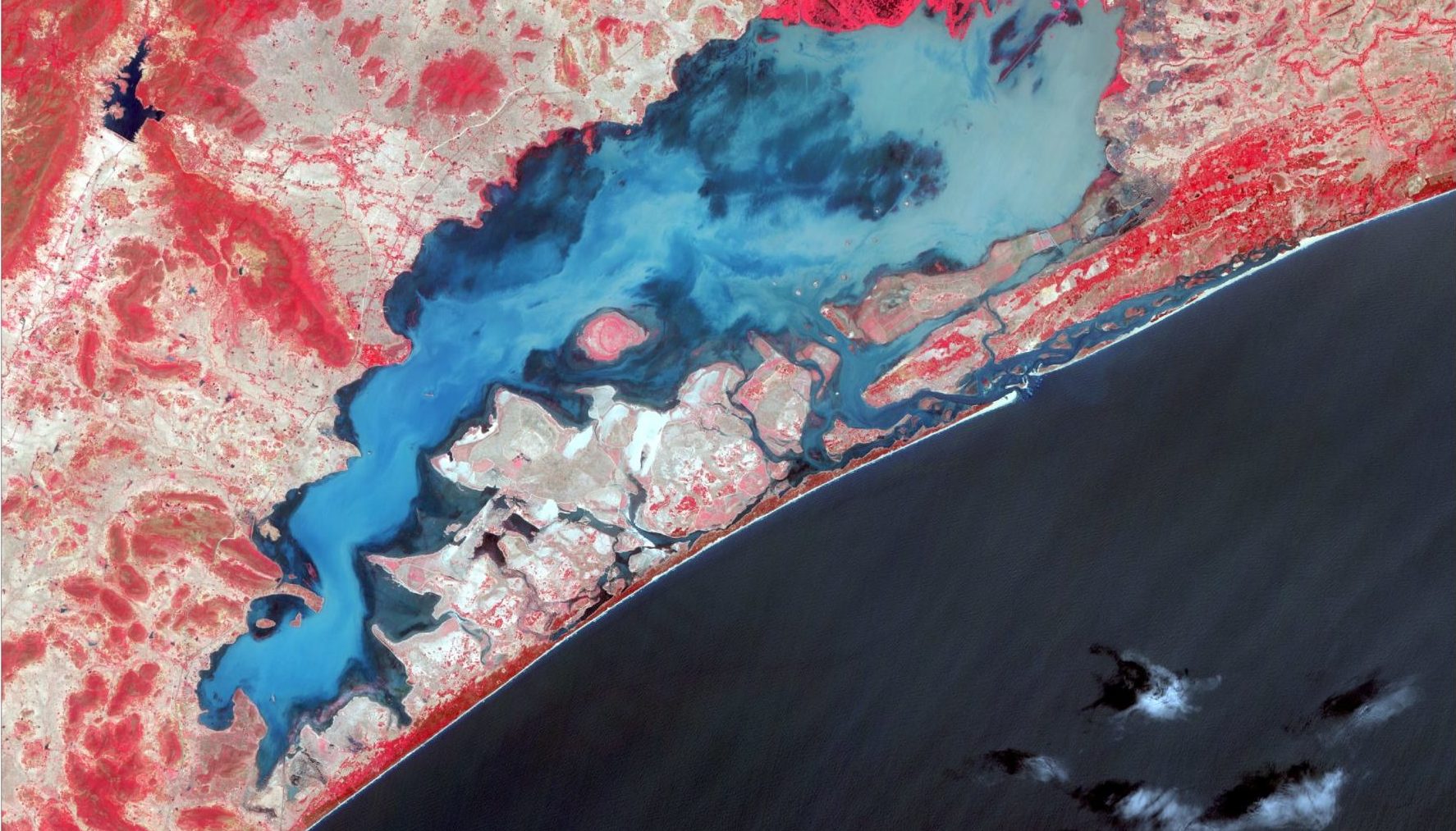
How We Work
We work for wetland conservation in ways which relate to the nature of wetlands as ecosystems, and the wider ecological and social contexts in which they are placed and function.
Our interventions are based on a mix of technical knowledge, policy dialogue and field demonstrations for addressing various issues related to wetland management. Diagnostic assessment of ecological, hydrological, socioeconomic and institutional aspects of wetlands management remains at the core of our approach.
To leverage change, we work with national and state governments, knowledge centres, civil society as well as private sector, often acting as catalysts to enable joined up actions. Specific knowledge, tools and pilot projects help us achieve change. Given that securing a positive change in the status of wetlands and linked livelihoods takes considerable time, we work for long-term engagement, forging strategic and innovative partnerships. We place specific emphasis on the capacity development of wetland managers in applying integrated approaches.
A multidisciplinary team within the organisation and expert network enable providing evidence-based scientific and technical advice to national and state governments, wetland authorities, civil society and private sector on various aspects of wetland management.
We work mostly through projects funded by national and international donors. The projects implemented have covered the following wide-ranging elements, designed and delivered in partnership with central government ministries, state government departments and agencies, wetland management authorities, civil society and research organisations:
- Formulation of integrated management plans
- Design and establishment of integrated inventory, assessment and monitoring system
- evaluation of ecosystem services and biodiversity
- Environmental flow assessment
- Conservation of critical habitats of wetland-dependent species, particularly migratory waterbirds and fish
- Capacity development
- Institutional development for cross-sectoral governance
- Policy formulation support and advocacy for conservation and wise use
- Ecosystem-based approaches for disaster risk reduction
- Communication, education and public awareness
